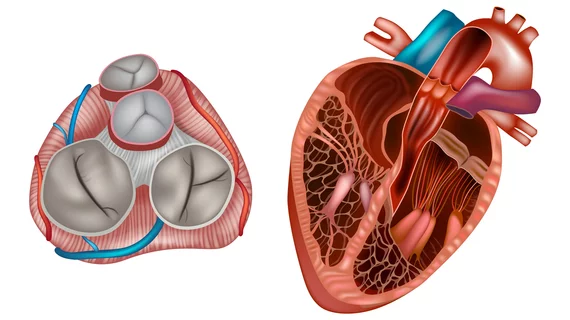ACC: Tips for Diagnosing Severe AS
The American College of Cardiology is offering several educational webinars and patient cases on diagnosing severe aortic stenosis in a variety of patient types. The series is called Severe Aortic Stenosis: Essentials for Assessment and Diagnosis.
The expert panel is chaired by Brian R. Lindman, MD, FACC and includes input from Wayne B. Batchelor, MD, FACC, Megan Coylewright, MD, FACC, Holly Gonzales, MD and Melissa Levack, MD, FACC.
The webinars approach severe aortic stenosis from two perspectives, including Multidisciplinary Evaluation and Share Decision-Making for Aortic Stenosis and Treatment Decisions and Assessment and Diagnosis of Severe AS: The Basics and Evolving Nuances.
Among the content they include are:
- The latest ACC valvular heart disease guidelines for severe AS
- Accurate interpretation of multi-modality imaging for diagnosis
- Appropriate staging of AS
- Best practices in shared decision-making
- Tactics to review treatment options with patients
The series, which includes CME, CNE, AAPA credits and ABIM-MIC points, also details two patient case scenarios: an octogenarian with no complaints of AS and patients with severe AS that do not have symptoms.
To access the series, click here
Severe Aortic Stenosis: Essentials for Assessment and Diagnosis (acc.org)

